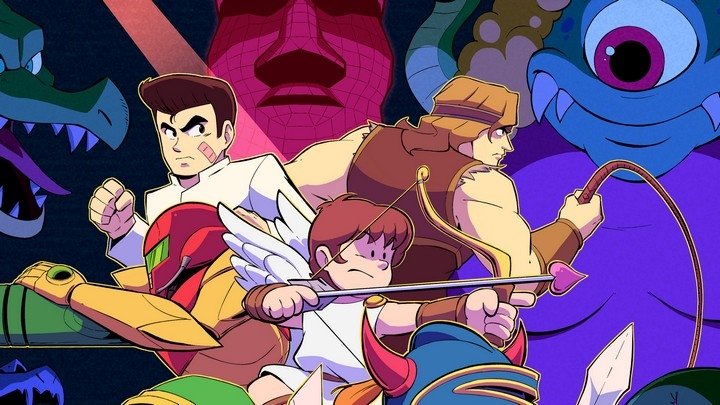A look back at the first U.S.-developed Super NES game
It's a real humdinger.
It's Wednesday, and you know what that means: Time for another of our weekly video chronicles episodes. Currently I'm trying hard to focus on Super NES's first year after getting distracted with Super NES mini and Mario 64 videos (though you can expect a few excursions into Game Boy and other side topics before too long)… and focusing on the Super NES library means powering through a 50/50 mix of really interesting games and things I really don't care about. Last week we had Hyperzone, which was intriguing. Next week is U.N. Squadron, which is wonderful. And in between is… The Chessmaster.
The Chessmaster series is, I believe, the best-selling video game chess simulation franchise ever. So that's notable. But it's awfully minimalistic here on Super NES — a very staid and low-key work. It offers three humdrum visual angles, a single infinitely looping music track, and some utterly glacial computer A.I. Don't believe me? Just stick around and watch this episode in its entirety:
The most interesting thing about this version of The Chessmaster, as I mention in the video, is that it's chronologically the first Super NES game to have been developed in the U.S. — specifically, by Novato-based Software Toolworks. If I'm not mistaken, it took about 80 games before Game Boy Works arrived at a U.S.-made game, Paperboy, and we're 35 episodes into NES Works without a hint of any Western development (spoiler: The first Western game will be episode 40's Slalom, but the first U.S.-developed release for NES will be Tengen's Gauntlet… and no one seems entirely certain when that actually shipped under license, since Nintendo has expunged it from their public records). But here's an American creation on Super NES as the 10th release — and that's not even counting SimCity and Drakkhen, which were initially created in the U.S. and France, respectively, but adapted for Super NES in Japan.
Western publishers proved to be a lot more aggressive in the 16-bit era than they had been on NES. We're still a long way from the current state of things today — where American and European development has a place of prominence on consoles — at the dawn of the Super NES's life. But the tide is turning.
Admittedly, unless you really like slap bass, The Chessmaster doesn't really speak to a revival of American innovation on consoles. We'll get there, though.




